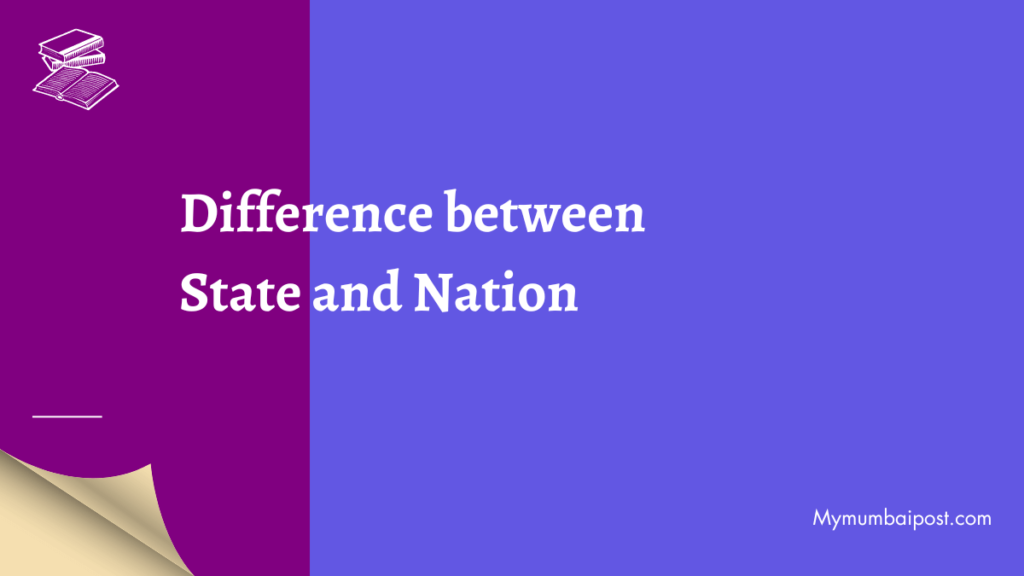
Understand and Discover Difference between State and Nation
Greetings, dear reader. Today, we delve into the fascinating topic of the “Difference between State and Nation.” As we embark on this journey, let us explore the intricacies of these two terms and the nuances that set them apart.
Difference between State and Nation
When we talk about the terms “state” and “nation,” they are often used interchangeably, but they actually have distinct meanings. A state is a political entity that exercises power and authority over a defined territory, while a nation is a group of people who share a common culture, history, language, and identity. Here are ten key differences between state and nation:
Size: A state can be large or small, while a nation is typically larger than a state.
Borders: A state has defined borders that separate it from other states, while a nation may cross state borders.
Government: A state has a government that exercises authority over its citizens, while a nation does not necessarily have a government.
Identity: A nation has a shared identity based on cultural, linguistic, and historical factors, while a state may be composed of multiple nations.
Sovereignty: A state is a sovereign entity that exercises control over its territory and people, while a nation may or may not have sovereignty.
Citizenship: A state confers citizenship on its residents, while a nation does not necessarily have a concept of citizenship.
Ethnicity: A nation is often composed of people who share a common ethnicity, while a state may be composed of people from different ethnic groups.
Also Read: Understand the Difference between Mealy and Moore machine
International Relations: States interact with each other in the international arena, while nations may or may not have a presence in international relations.
Diversity: A state may be diverse in terms of its population, while a nation is often characterized by homogeneity.
History: A nation is typically defined by a shared history and cultural heritage, while a state may have a more recent origin.
Understanding the differences between state and nation is important for analyzing political, social, and economic systems around the world. While these terms are often used interchangeably, they represent distinct concepts that should be examined separately.